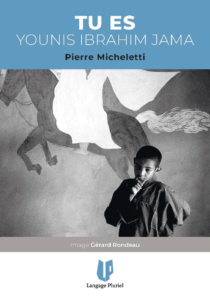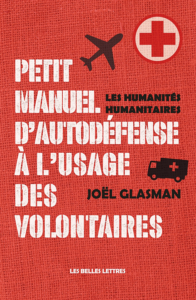
Michel Joli
Éditions érès, 2020
(published in French)
Publisher’s note
In a Darwinian perspective, Michel Joli develops a conception of global fraternity as a benefit of evolution, a “common good of humanity”. It is the oldest manifestation of the social instinct that ensures the protection of the weakest, without distinction between groups. In this sense, it is an absolute necessity to preserve both the diversity and the unity of our species. Fraternity, a major anthropological asset, is indeed the only universal characteristic that unites all humans.
In this period of global crisis, the author highlights the urgency of taking fraternity out of the storeroom of accessories and ideologies, and to call upon it in its globality as an essential argument (and tool) to confront the excesses of capitalism. This political, philosophical, and ecological essay, well-documented and committed, opens up tangible avenues of inquiry to build our future society on new foundations.
Translated from the French by Juliet Powys
Michel Joli is a Doctor of Medicine, a graduate of the École supérieure de guerre aérienne. He was the Cabinet Director for Haroun Tazieff, in charge of major risk prevention. He left the civil service to co-found France-libertés, Fondation Danielle Mitterand and to take part in the training and accompaniment of actors of international solidarity. He is currently the administrator of the Fédération Léo Lagrange and of France-libertés.


